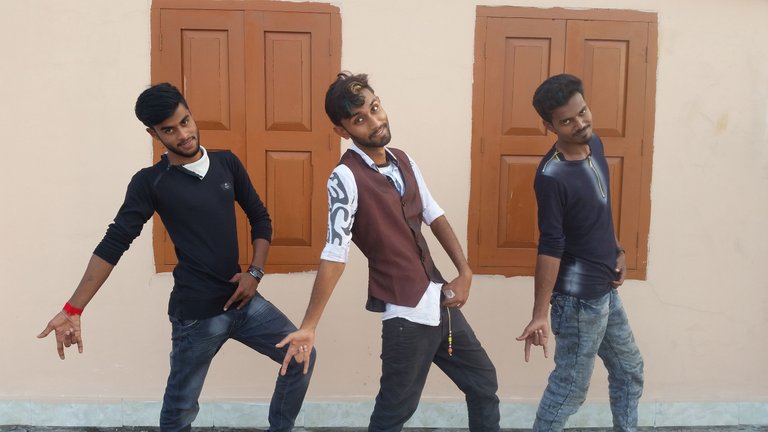
You can dance in a group, with a partner, or on your own. There are lots of different places where you can enjoy dancing, for example, at dance schools, social venues, community halls and in your own home. Dancing has become such a popular way to be active and keep fit, that most fitness clubs now offer dance classes in their group exercise programs.
Dancing can be done both competitively and socially. It can be a great recreational and sporting choice, because anyone of any age can take part. It doesn’t matter whether it is cold or raining, as dancing is usually done indoors.
The gear you need for dancing will depend on the style of dancing you choose. For example, tap dancing will involve buying tap shoes, whereas ballet will need ballet slippers and ballet clothing. To get started, simply choose a style you enjoy, or would like to try, look in the Yellow Pages or online for dance schools in your local area and join a class.
Types of dance
There are many styles of dance to choose from, each with its own attractions. Popular styles of dancing include:
Ballet – mostly performed to classical music, this dance style focuses on strength, technique and flexibility.
Ballroom dancing – this involves a number of partner-dancing styles such as the waltz, swing, foxtrot, rumba and tango.
Belly dancing – originating in the Middle East, this dance style is a fun way to exercise.
Hip-hop – performed mostly to hip-hop music, this urban dance style can involve breaking, popping, locking and freestyling.
Jazz – a high-energy dance style involving kicks, leaps and turns to the beat of the music.
Pole dancing – has become increasingly popular as a form of exercise. It involves sensual dancing with a vertical pole, and requires muscle endurance, coordination, and upper- and lower-body strength.
Salsa – involving a mixture of Caribbean, Latin American and African influences, salsa is usually a partner dance and emphasises rhythms and sensuality.
Square-dancing – a type of folk dancing where four couples dance in a square pattern, moving around each other and changing partners.
Tap dancing – focuses on timing and beats. The name originates from the tapping sounds made when the small metal plates on the dancer’s shoes touch the ground
Back to top
Hi! I am a robot. I just upvoted you! I found similar content that readers might be interested in:
https://www.betterhealth.vic.gov.au/health/healthyliving/dance-health-benefits